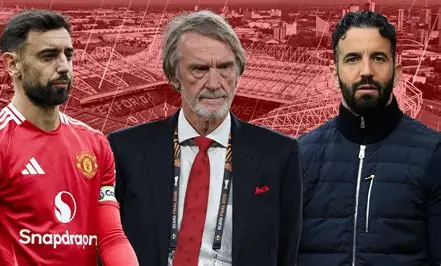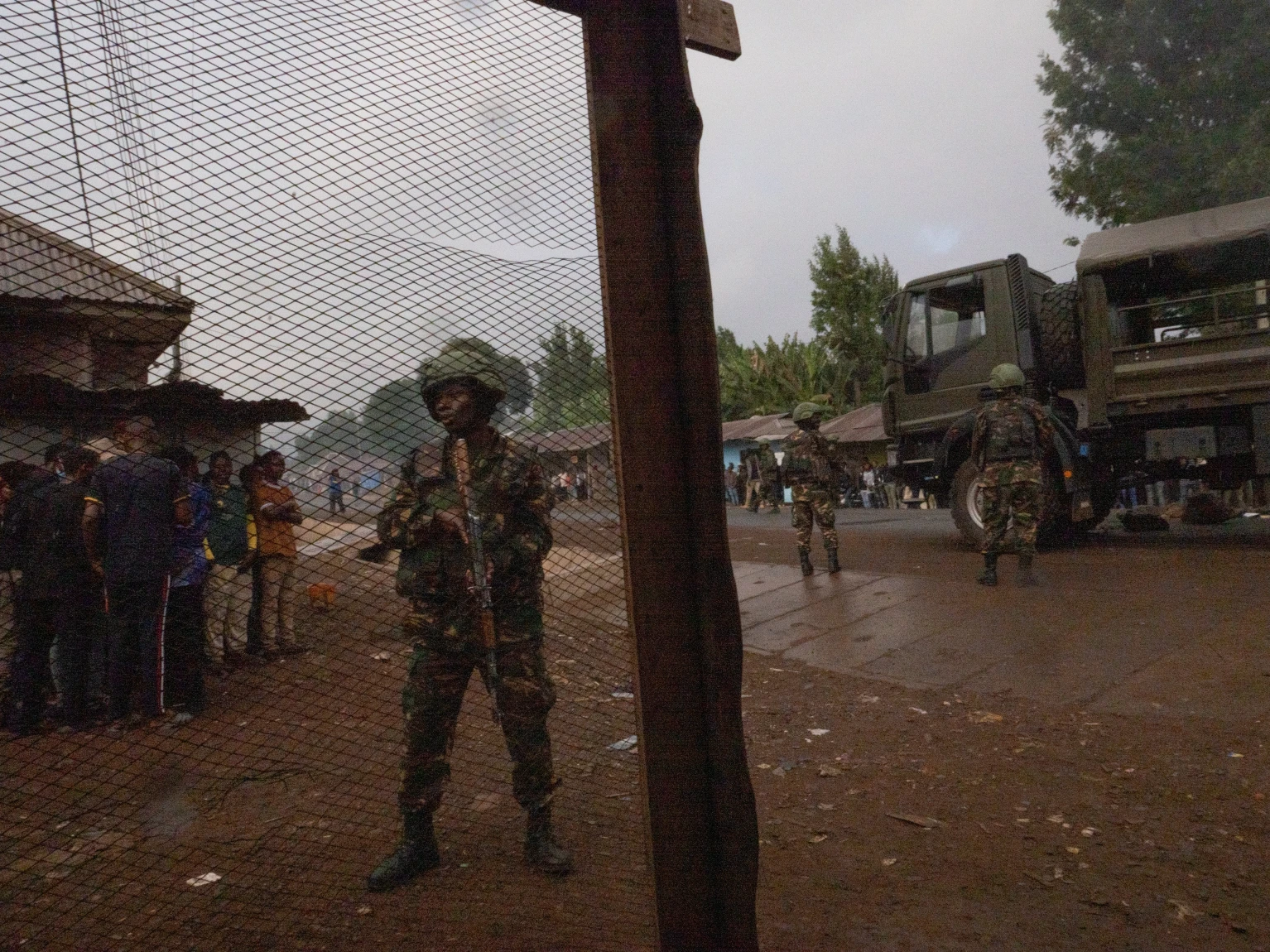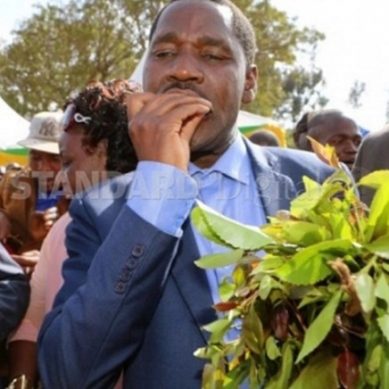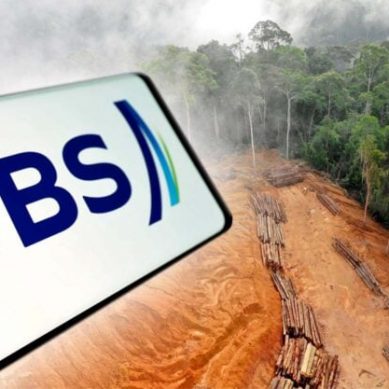
Manchester United’s powerbrokers gathered in Switzerland this week for one of their regular executive-committee meetings.
The executive-committee meetings, typically held each month, are led by co-owner Sir Jim Ratcliffe and usually feature at least one of Joel and Avram Glazers, INEOS leadership and United Chief Executive Omar Berrada.
The atmosphere had been lifted by the Premier League victory over Sunderland last Saturday, which eased pressure on head coach Ruben Amorim, although the Old Trafford hierarchy remain conscious of the febrile mood among supporters.
At United, however, things are rarely quiet for long. On Wednesday, Ratcliffe made his first extensive public comments about Amorim’s position since March, saying he had “three years” to prove he was a great coach.
Then, that night, Turki Al-Sheikh, a Saudi Arabian government official and sports promoter, posted on social-media platform X that United were close to being sold. Al-Sheikh’s message sparked a flurry of speculation in the following 48 hours over possible suitors, although the club have remained silent on the subject.
Here, we explain the context of this week’s reports and what they could mean.
What is United’s current ownership structure?
United’s shares are split into two classes: A and B. There are currently 56.1 million class A shares and 116.3 million class B ones in issue, but only the class A shares are listed on the New York Stock Exchange and are available for public trading.
Those class A shares confer just 10 per cent of the voting rights of the class B ones, the latter of which are principally held by members of the Glazer family. Across the stakes of Joel (14.88 per cent), Darcie (14.02 per cent), Bryan (13.16 per cent), Avram (10.33 per cent), Kevin (9.72 per cent) and Edward (8.95 per cent), the American siblings retain 71.04 per cent of class B shares and 3.04 per cent of the class As.
That grants them 67.91 per cent of the club’s voting rights, even though they own a little under half of the total shares in issue. INEOS Limited, majority-owned by Ratcliffe, owns a shade under 29 per cent of each class of shares and, by extension, the voting rights.
As part of a deal completed in February 2024, Ratcliffe agreed to inject $300 million (£238.5 million) into the club by the end of that year. In exchange, he gained control of United’s sporting operations, but his influence has been apparent across their business side, too. The vast cost-cutting and redundancy programme of the past 18 months was carried out at his behest.
Further, Ratcliffe has wielded obvious interest at the top table. He doesn’t sit on United’s board, but several of his lieutenants do. Roger Bell, appointed as United’s chief financial officer (CFO) in May last year, was formerly in the same role at INEOS; John Reece, a United director, co-owns INEOS with Ratcliffe; and Rob Nevin, another United director, is chairman of INEOS Sport. Berrada, formerly of the Manchester City-led City Football Group and now United’s CEO, was a Ratcliffe hire.
Why has ownership talk flared up again?
On Wednesday night, a tweet was posted on Al-Sheikh’s X account claiming “Manchester United is now in an advanced stage of finalising a deal to sell to a new investor”. He went on to observe, “I hope they’re better than the previous owners.”
There is no shortage of big claims made on social media about United and their ownership situation. What made this post cut through is the fact Al-Sheikh is a prominent official in Saudi Arabia, where he serves as an advisor to the Royal Court and is chairman of the General Entertainment Authority (GEA).
Via his GEA role, Al-Sheikh is heavily involved in the country’s sports sector, primarily through Riyadh Season — a series of cultural, entertainment and sports events held in Saudi capital Riyadh between October and March each year — and has overseen the funding of major sporting events in his homeland. Given his prominence, the post quickly went viral. It had been viewed by just under six million people at time of writing.
On Thursday, Al-Sheikh was back online, clarifying that he was not the investor he referred to in his original message, nor were they from Saudi Arabia. “My post about Manchester United’s potential sale meant one thing: the club is in an advanced negotiation phase with a new investor,” he wrote. “I’m posting this as a fan who wishes the deal to happen, though it might not necessarily happen.”
Turki Al-Sheikh has risen from obscurity to the heart of two historic institutions, but who is he really? We spent six months finding out
What are the Glazers’ ‘drag-along rights’, and why are they significant?
When the Glazers sold that minority stake to Ratcliffe, the filing made to the US Securities and Exchange Commission (SEC) detailed a ‘drag-along rights’ mechanism that would be activated 18 months after the British billionaire’s initial investment, and meant the Glazers could compel him to join in a full sale of United.
This clause essentially exists to prevent minority shareholders – Ratcliffe, in this instance – blocking a sale if someone else wants to come and buy 100 per cent of the shares.
If the Glazers were to seek a full sale before February 2027, then the share price has to be above the $33 Ratcliffe paid, so that he can make all of his money back. Beyond that date, Ratcliffe could be dragged along for whatever price the Glazers are willing to accept, even if it falls below the share price he paid, meaning he could potentially lose millions of pounds.
Is it in the Glazers’ interest to sell?
Whether they have an appetite to sell or not is the several-billion-dollar question, but the terms of the agreement with Ratcliffe arguably make it in the family’s interest to do so before February 2027.
Until then, as detailed above, Ratcliffe will be guaranteed to earn at least $33 per share for his stake if dragged. The Glazers would expect at least the same for their shares, thereby raising the floor of any deal.
Ratcliffe loses that $33-per-share guarantee after the third anniversary of his minority investment, however, which would give any prospective buyer scope to offer less money for the whole club. From a buyer’s perspective, why would you pay a premium now if you could do a cheaper deal in around 18 months?
Of course, if the Glazers value United at more than $33 per share then Ratcliffe’s clause makes little difference, and they might only consider a deal north of that figure anyway. But given the publicly traded share price is around $16 at the time of writing – less than half what Ratcliffe paid – there are no guarantees any buyer would go that high again, unless a clause like the one currently in place forced them to.
Scrutiny is expected over United’s commercial future in the coming months because although the club recently posted record annual revenues, there has been a dramatic shift across the department. The Snapdragon and Adidas deals, highlighted as “great partnerships” by Ratcliffe, were driven by executives no longer employed by the club in Victoria Thompson and James Holroyd respectively.
United must also soon refinance the long-term debt foisted on them by the Glazers’ leveraged buyout 20 years ago, with interest rates set to rise, potentially adding several million pounds to the club’s bill each year.
How much would United cost, and how long could a sale take to complete?
We don’t know exactly how much the club would cost. But we do know the minimum it would cost to buy United before February 2027, when those drag-along rights expire.
Ratcliffe bought in at a valuation of $33 (£26 at the transaction date) per share, and any sale before those rights run out would have to meet that valuation, at a minimum.
Even that would value United at $5.7 billion (£4.3 billion today) and would make them the most expensive football club ever sold. Chelsea currently hold that record, albeit their ‘sale’ price is debatable. That deal, completed in May 2022, saw Chelsea’s shares sold for £2.5 billion alongside a commitment to invest a further £1.75 billion in the club, for a total valuation of £4.25 billion.
The Raine Group, which advised on the sale of shares to Ratcliffe, pitched a price of $35.25 per share to Qatari bidders during that process.
If the current shareholders were to seek the same sum, it would generate a valuation of $6.1 billion (£4.6 billion – around what basketball’s then reigning NBA champions Boston Celtics sold for in April this year.
Even if a sale were to happen after the $33 per share minimum price expires, it would likely be for far in excess of United’s current valuation. As of end of last week afternoon, the share price values United at just $2.8 billion (£2.1 billion).
Any sale would, in all likelihood, be a drawn-out process.
United’s standing as a listed entity, never mind one of the most high-profile sports teams on the planet, means there’d be no shortage of interest (genuine or otherwise) and myriad boxes to tick and hoops to jump through. Representatives of both United and Raine Group first met to ‘discuss potential strategic opportunities’ in June 2022. The sale of shares to Ratcliffe’s Trawlers Limited (since transferred to INEOS) did not complete until 20 months later.
A multibillion-pound purchase of a sports team takes lots of time, money and lawyers. Who knew?
Where is takeover interest likely to come from?
The place most people start looking for possible buyers is the Middle East.
Sheikh Jassim Bin Hamad Al Thani, son of a former Qatari prime minister, tried to buy 100 per cent of the shares at the same time as Ratcliffe, but SEC filings show he continually failed to provide proof of funds.
It is unlikely the interest from Qatar has gone away, especially as the Gulf state has the financial muscle to blow other bidders from beyond that region out of the water if it wanted to.
Despite Al-Sheikh’s claim that he wasn’t referring to Saudi Arabia in his post on X, we know there is an existing relationship between that country and United, with the two parties currently in talks about the club heading there to play a friendly match during Riyadh Season. There have also been unverified reports of interest from a United Arab Emirates-based consortium.
Other potential buyers, especially those outside of the Middle East, could come in the form of private equity.
Elon Musk, the world’s richest individual and the owner of X, has previously joked that he would buy United.
- A Tell Media report / Adapted from The Athletic








